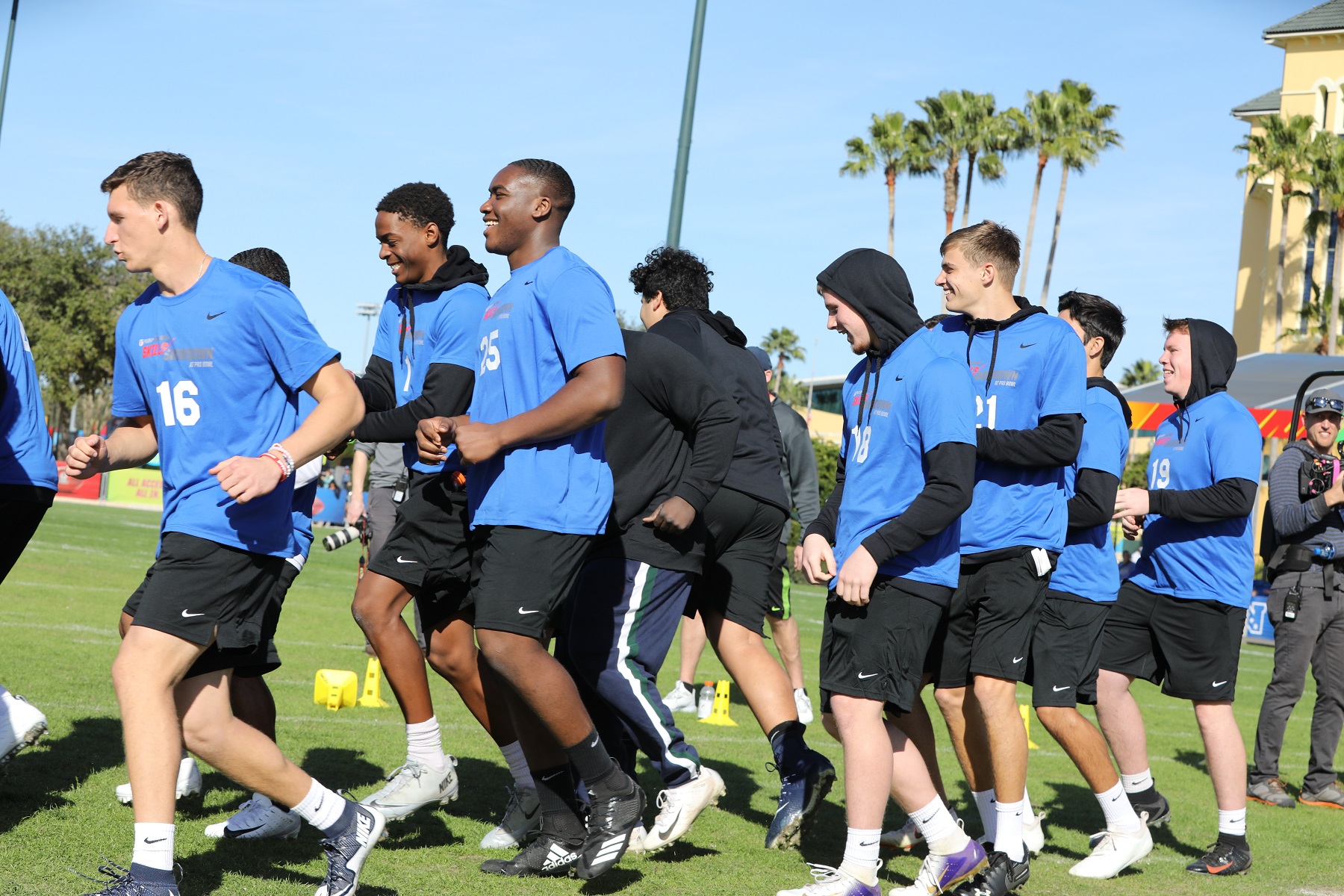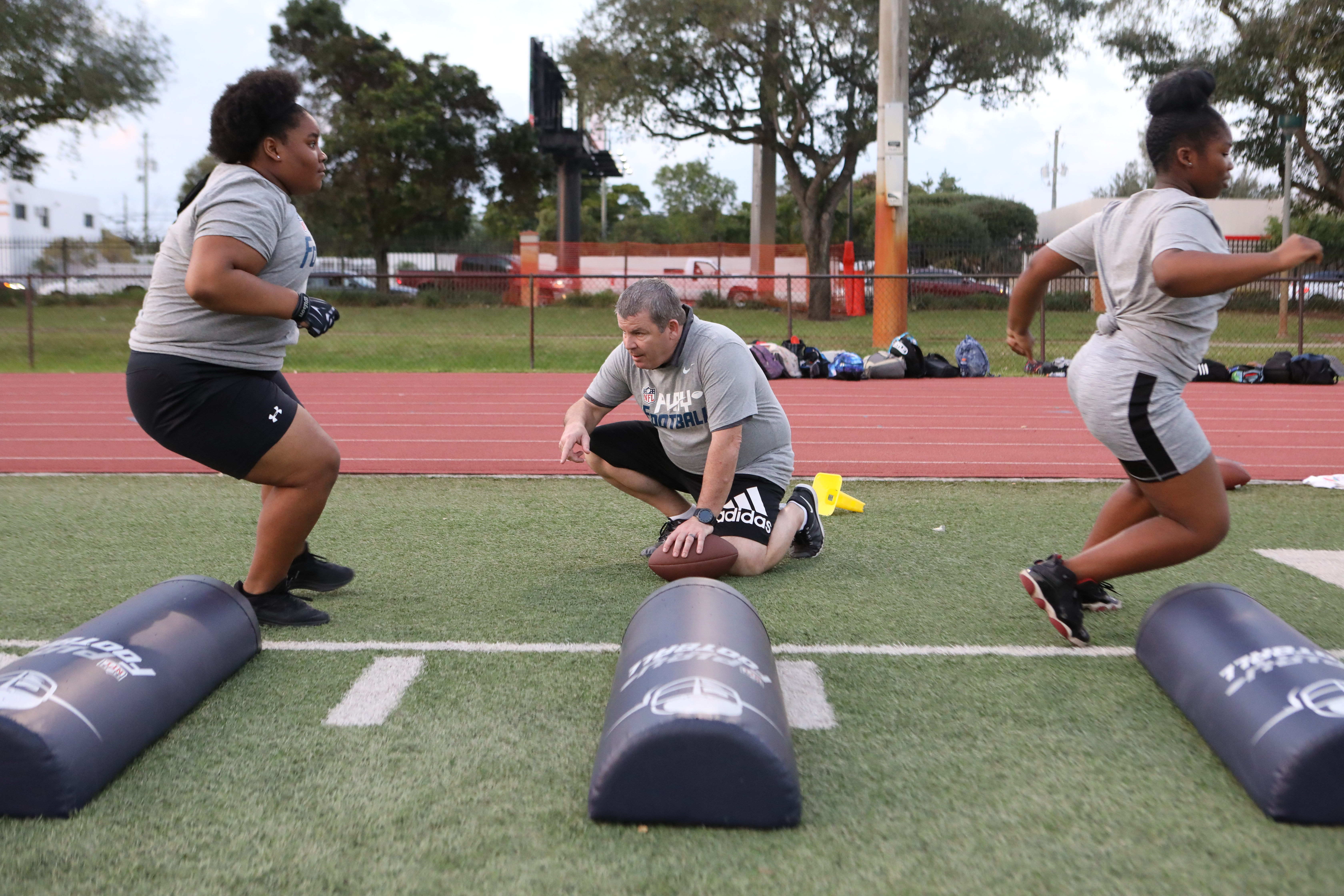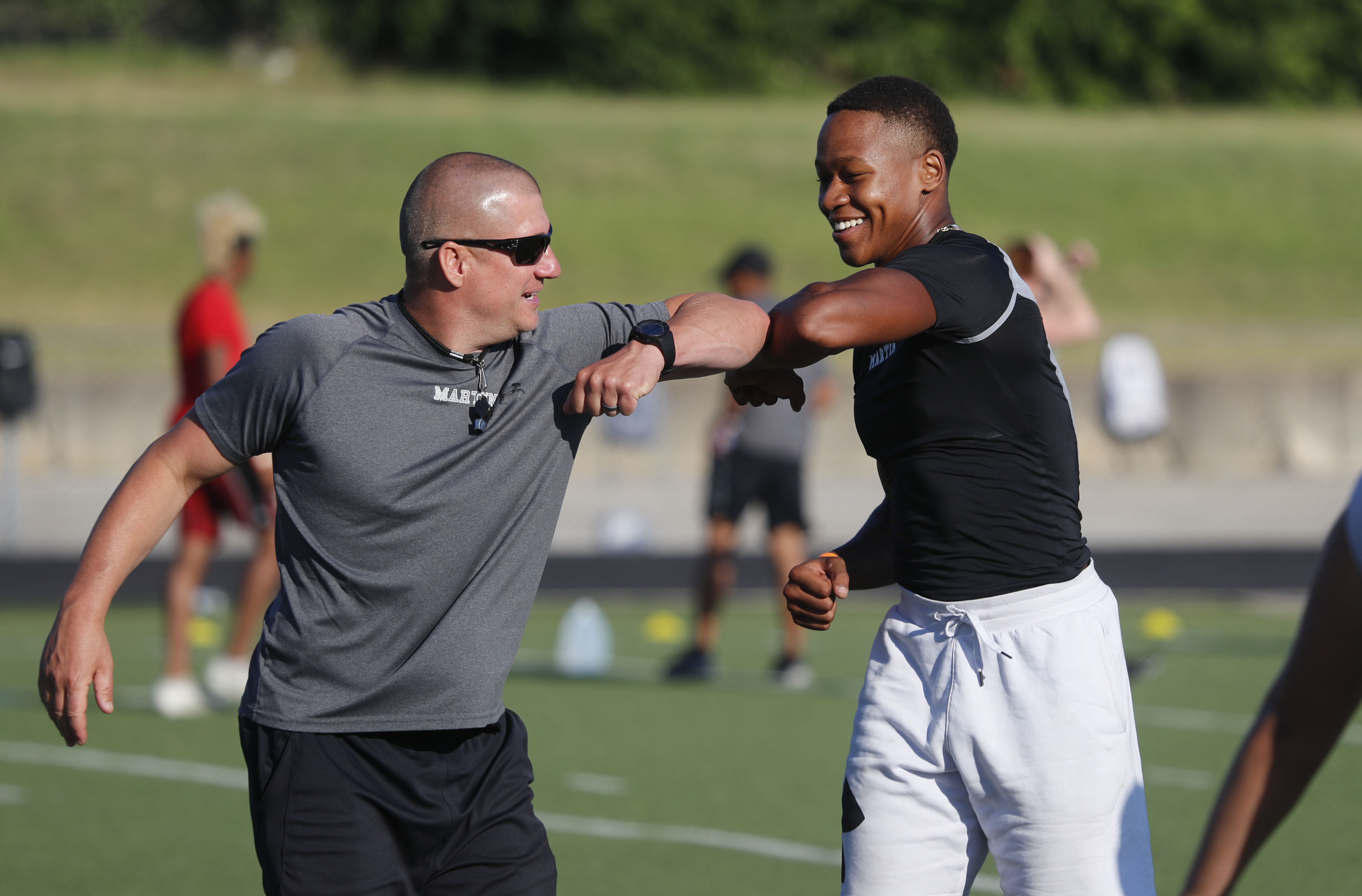Promoting Team Chemistry
Coaches can help players develop team chemistry through proactive steps. Here are some best practices:
- Create a positive environment based on mutual respect and support
- Clearly define roles and expectations for each player on the team, with the right roles matched to the right players
- Maintain open communication between players and coaches
- Prioritize unselfish play
- Reinforce that every team member is important, and that each player needs his or her teammates
- Instill a bond based on pride, trust and not wanting to let anyone else on the team down
- Promote an attitude of players holding each other accountable for team rules and standards
- Provide constructive criticism — not the use of fear — and offer praise when appropriate
- Encourage players to get to know each other off the field
- Emphasize team goals, as opposed to individual

Activities to Build Team Chemistry
- Team meals at the home of one of the players or coaches before a game
- Training camp sleepovers
- Pair new players with more experienced players during orientation groups
- Fun team events off the field, such as a movie, bowling or visiting a local restaurant
- Traditions to mark the beginning or end of the season, such as a pool party
- Have each player create goal cards that they share with the team each week
Virtual Activity Options
- Use video to host fun team events, like virtual game nights
- Start a group message with your team to stay active communicating with them
- Encourage them to use online resources to help their development individually and as a team. Some resources include:
Being a Great Teacher
Being a great teacher means exhibiting the three Cs: competence, consistency and caring.
To become a better coach, it is important to understand the importance of effective teaching. Here are some steps to become a better teacher.
- Have a firm knowledge of the subject matter.
- Make the material interesting and relevant to players.
- Be ready to teach all levels of learners. Players process information in different ways, requiring you to use different techniques.
- Be forward thinking — anticipate and adapt to trends that impact your position, particularly involving technology.
- Embrace learning as an ongoing process — not just for players, but also for you as a coach. Be open-minded and focus on getting better at your craft.
- Build constructive relationships — communicate clearly and exhibit a positive and enthusiastic attitude.
- Plan out how you will teach — identify priorities, effective teaching strategies and the tools and resources you will need for each concept or task beforehand.

Being a Mentor
In addition to teaching football skills and techniques, coaches have a responsibility to help prepare athletes for life outside of sports.
Here are some key tips to help you mentor players on and off the field.
- Share information, ideas and insight.
- Communicate knowledge in relevant terms.
- Demonstrable passion and enthusiasm for helping others.
- Provide constructive criticism.
- Display a strong sense of values.
- Convey compassion and selflessness.
- Understand the essential need to continue learning.
- Set and meet individual and professional goals.
- Commit to setting a good example.
- Take a proactive approach to enhancing mental health.
































